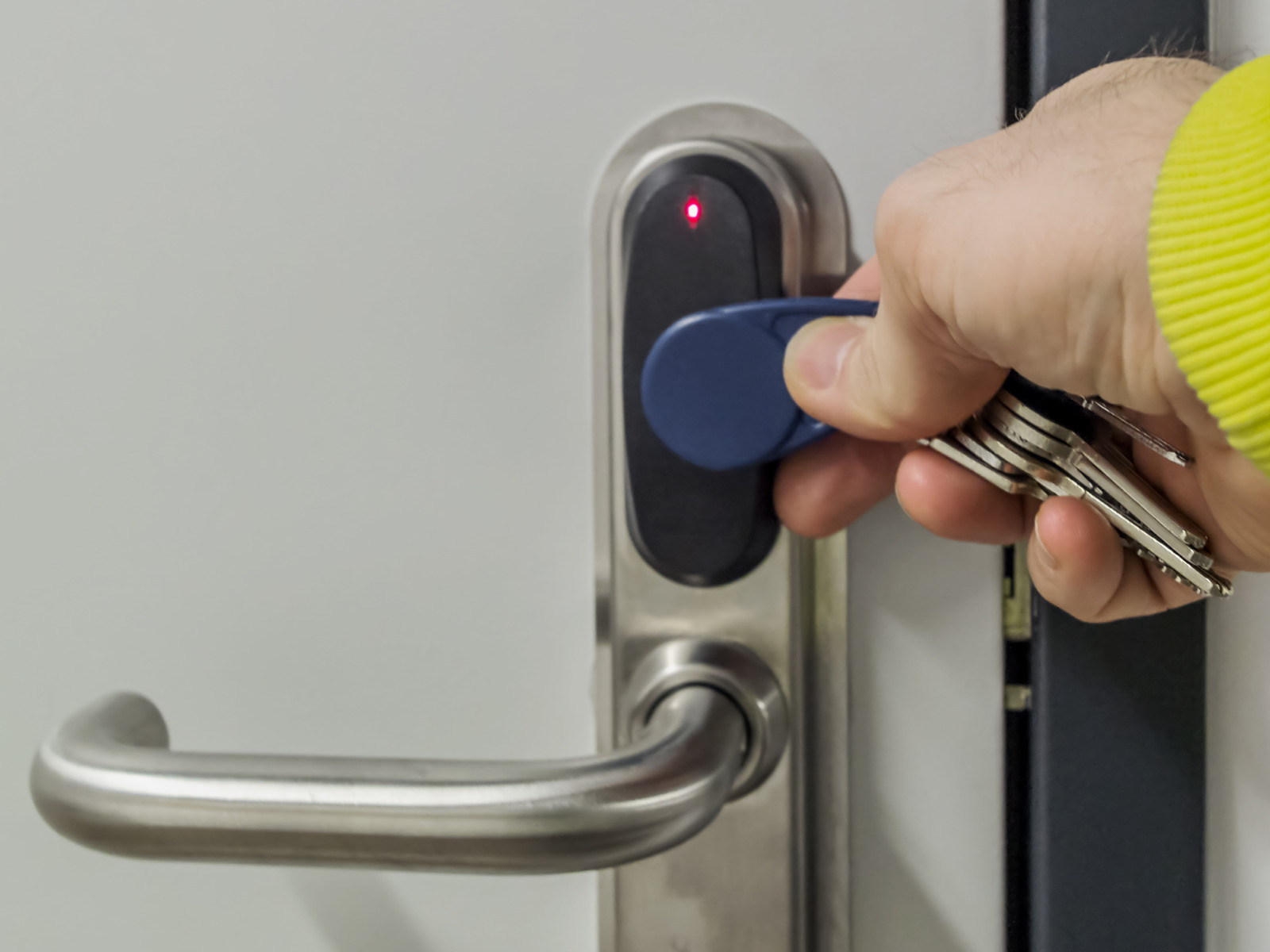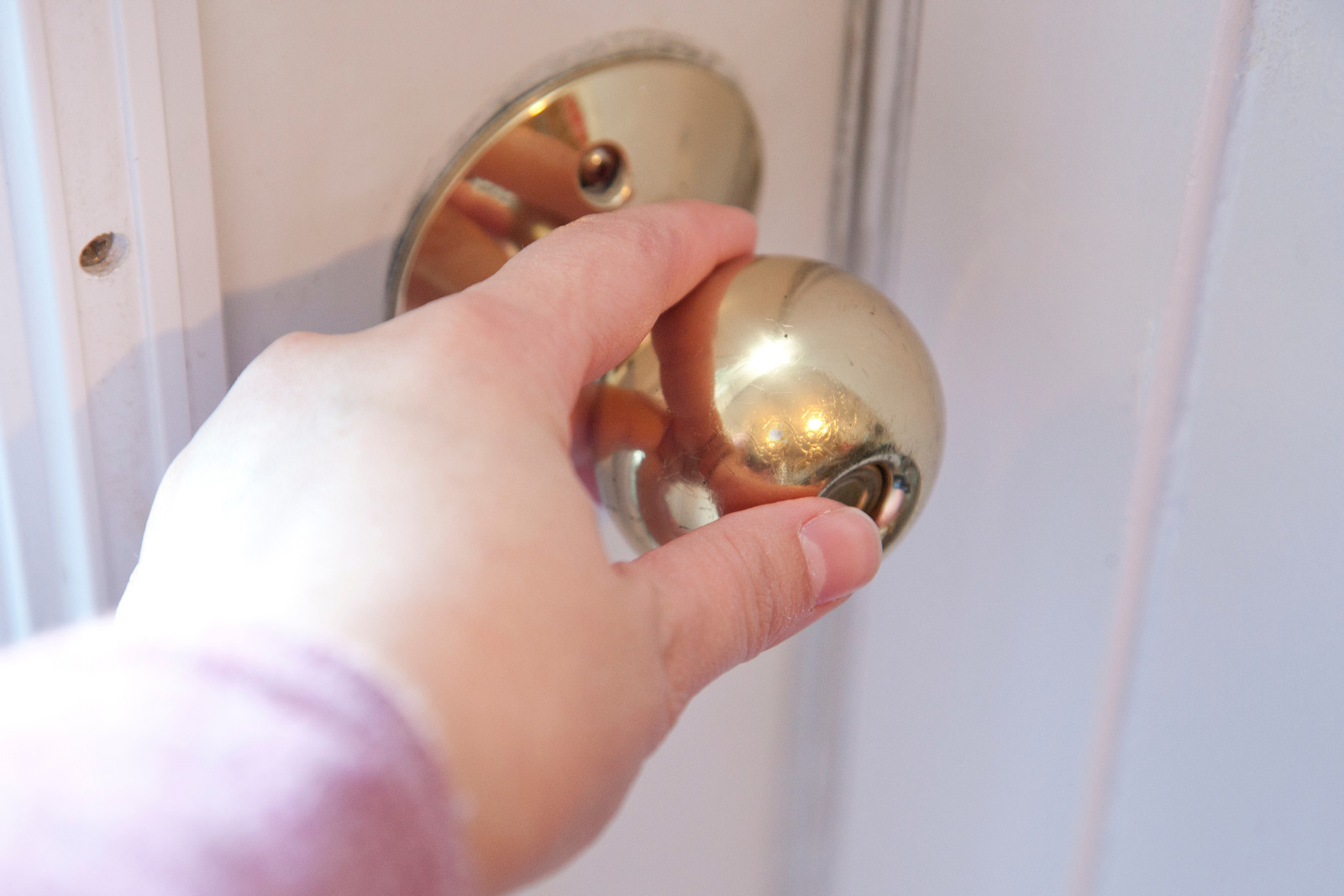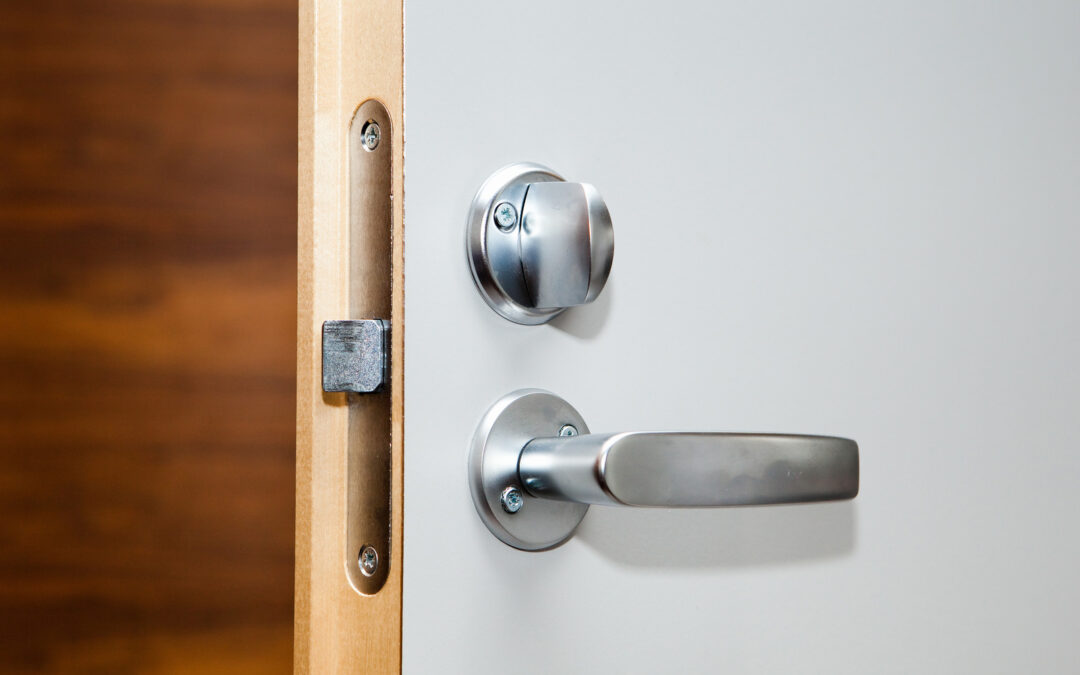Recognizing Your Needs and Evaluating Security Needs
Evaluating your security needs is essential when choosing the ideal commercial lock hardware. The type of business you run, the value of the assets you’re guarding, and your location are just a few variables that will determine how much security you require. The following important factors will assist you in assessing your security requirements:
Risk Assessment: Start by thoroughly evaluating the risks associated with your property. Find weak points in your defenses, such as areas with valuable assets, heavy traffic areas, or entrance points.
Regulatory Compliance: Find out which industry standards or specific rules apply to the security measures you must follow. Protection of sensitive data and assets may be necessary in some areas, such as finance and healthcare.
Needs for Access Control: Think about who needs to be able to access certain portions of your building and when. Will several access control levels be required for workers, guests, and contractors?
Threat analysis: involves assessing the possible risks that your company may encounter, such as theft, damage, or illegal entry. This will assist you in setting appropriate security measure priorities.
Historical Incidents: Examine any prior security lapses or incidents on your property. Understanding the circumstances surrounding these accidents might help identify areas that require improvement.
Future Expansion and Growth: Be prepared for future business expansion or changes that might impact your security requirements. Make sure the lock hardware you select can handle expansion or changes in the future.
Budget Restrictions: Although security is vital, balancing your security requirements and financial restrictions is crucial. Determine which areas you can afford to forgo more cost-effective options in favour of higher-security ones.
You may choose commercial lock hardware that gives your company the protection it needs by carefully evaluating your security requirements.
Assessing Material and Durability Is Important for Quality
The endurance and quality of the materials are crucial considerations when selecting business lock hardware. Here are some important things to think about when assessing these aspects:
Examine the components utilized in the production of the lock hardware. Solid brass, stainless steel, and hardened steel are high-quality materials renowned for their strength and resistance to tampering and corrosion.
Examine the design of the lock hardware. Seek goods with strong manufacturing methods, including forging or precision machining, as these add to their lifetime and durability.
Think about the coating or finish used on the lock hardware. A long-lasting finish, such as electroplating or powder coating, improves appearance while offering weatherproofing, corrosion resistance, and scratch resistance.
Assess the lock hardware’s resistance to environmental elements like high humidity, low temperatures, and UV radiation exposure. It is important for products intended for outside use to have a certain weather resistance rating.
Verify whether the lock hardware satisfies quality and durability certifications and industry norms. Seek goods that have undergone testing and certification from reliable agencies like the Builders Hardware Manufacturers Association (BHMA) or the American National Standards Institute (ANSI).
Please learn about the lock hardware’s performance and durability under different circumstances by asking about its testing methods. Examine the manufacturer’s guarantee to gain assurance regarding the product’s durability and quality.
Examine user opinions and comments regarding the lock hardware to learn more about how well-built and functional it is in actual use. Observe any persistent problems or grievances expressed by users.
By carefully assessing commercial lock hardware’s material quality and longevity, you can select items that provide dependable security and long-term functioning for your business’s requirements.

Making Sure It Fits Right with the Current Infrastructure
For quick installation and maximum security, ensure the commercial lock hardware you select blends perfectly with your current setup. The following actions will guarantee compatibility:
Measurements and Specifications: To start, take precise measurements of the doors, frames, and any hardware currently in place where the new lock will be placed. Important details to notice are door thickness, backset (the measurement from the door’s edge to the lock bore’s centre), and the kind of door (wood, metal, glass, etc.).
Sort of Lock: Identify the mechanism needed for your particular application, such as an electronic access control system, mortise lock, cylinder lock, deadbolt, or keypad lock. Make sure the lock type satisfies your security requirements and is compatible with the setup of your door.
Door Preparation: Determine whether the door or frame must be altered to accommodate the new lock hardware. This could entail making more holes, adding strike plates and door closers, or strengthening the door for heavy-duty locks.
Backset Compatibility: Make sure the new lock’s backset corresponds with the one already on your door. It’s important to verify compatibility because standard backsets are typically 2-3/8 inches or 2-3/4 inches, but there are variations.
Consultation with Experts: Locksmiths, security specialists, or hardware suppliers can provide further information if you need clarification on compatibility concerns or installation requirements. Based on their knowledge and experience, they can offer insightful analysis and suggestions.
Ensure the commercial lock hardware fits properly with your current infrastructure to reduce security threats, simplify installation, and guarantee that it works well in your space.
Seeking Guidance and Suggestions from Professionals
Getting expert guidance and recommendations when choosing business lock hardware is a wise move that may guarantee well-informed decision-making and provide insightful information. These experts may provide the following:
- Assessments of your security needs.
- Accounting for elements, including the type of business.
- Regulatory compliance.
- Potential threats.
With their knowledge and skills, locksmiths can advise you on the best lock hardware for your requirements and handle professional installation to guarantee maximum security.
Apart from locksmiths, security professionals are essential in helping you make decisions. These advisors assess security threats and provide all-encompassing security plans for companies. To improve overall security posture and guarantee compliance with industry standards and regulations, security consultants can also help develop security policies and procedures.
Manufacturers and hardware suppliers are also great places to get expert counsel and suggestions. They can assist you in comprehending the features and advantages of various lock solutions by offering comprehensive product descriptions, technical assistance, and product demonstrations.
You can learn from others in the field and obtain important insights about the functionality, dependability, and simplicity of installation of various lock products by interacting with peers and exchanging experiences.
Making educated selections when choosing commercial lock hardware requires professional guidance and suggestions from locksmiths, security consultants, hardware suppliers, and industry peers.

Conclusion
Making the right choice in commercial lock hardware is essential to your company’s security. You may make well-informed decisions by determining compatibility, examining quality, analyzing your needs, and consulting a professional. Remember that purchasing high-quality lock hardware is an investment in the security of your company. Speak with experts in the area for additional support and recommendations that are customized to your needs. Make sensible decisions and properly protect your company.
Are you prepared to improve your security? Call Locksmith Tampa right now for professional advice and assistance!

